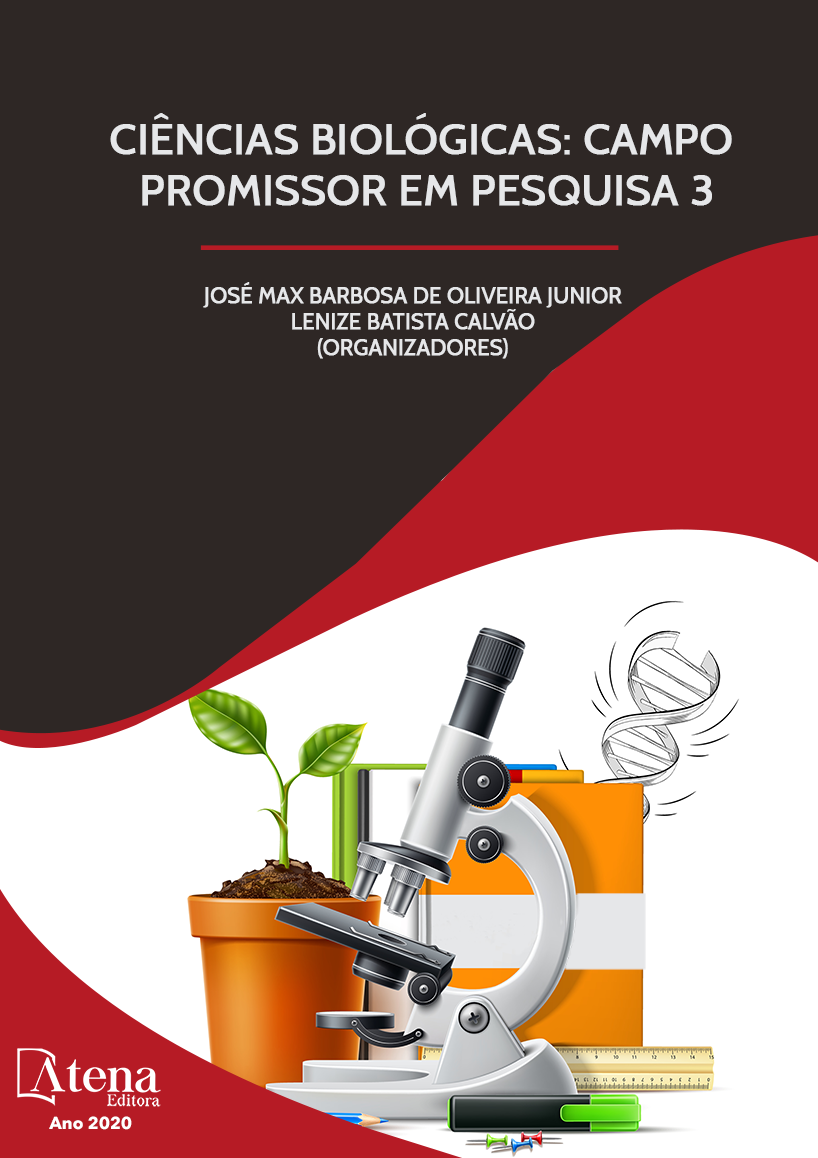
EFEITOS GENOTÓXICOS EM TÉTRADES DE TRADESCANTIA PALLIDA INDUZIDOS POR POLUENTES ATMOSFÉRICOS NA CIDADE DE JOINVILLE, SANTA CATARINA, BRASIL
O biomonitoramento atmosférico permite avaliar a qualidade do ar em áreas extensas, utilizando organismos vivos que respondem à poluição alterando suas funções ou acumulando toxinas. Esse estudo objetivou avaliar a genotoxicidade do ar atmosférico na cidade de Joinville com o uso do Teste de Micronúcleo em Tradescantia (Trad-MCN). Foram adotados como pontos amostrais cinco canteiros ornamentados com Tradescantia pallida: Ponto 1 no Cemitério Municipal; Ponto 2 em um segmento da rua São Paulo; Ponto 3 no Mercado Público; Ponto 4 na rua Albano Schmidt; e Ponto 5 em um segmento da rua Dr. João Colin. Após a escolha dos pontos amostrais, foram realizados ensaios cromossômicos por meio da contagem de micronúcleo em sistema vegetal. As análises foram feitas sob microscopia óptica (400X) e a cada lâmina, foi contado o número de MCN em 300 tétrades. Não foram observadas diferenças significantes entre as frequências de MCN nos diferentes pontos amostrais, as análises estatísticas revelaram que a frequência média de MCN ficou entre 0,84% e 0,56%. Apesar de Joinville ser uma forte potência industrial do estado e uma região em constante desenvolvimento, os dados obtidos revelam que a poluição do ar atmosférico não se mostrou causadora de um aumento na frequência de MCN da planta em estudo.
EFEITOS GENOTÓXICOS EM TÉTRADES DE TRADESCANTIA PALLIDA INDUZIDOS POR POLUENTES ATMOSFÉRICOS NA CIDADE DE JOINVILLE, SANTA CATARINA, BRASIL
-
DOI: 10.22533/at.ed.25720160130
-
Palavras-chave: Biomonitoramento; Genotoxicidade; Micronúcleo; Trad-MCN.
-
Keywords: Biomonitoring; Genotoxicity; Micronucleus; Trad-MCN.
-
Abstract:
Atmospheric biomonitoring allows the assessment of air quality in large areas using living organisms that respond to pollution by changing their functions or accumulating toxins. This study aimed to evaluate the genotoxicity of atmospheric air in the city of Joinville with the use of the Micronucleus Test on Tradescantia (Trad-MCN). Five flowerbeds ornamented with Tradescantia pallida were used as sample points: Point 1 in the Municipal Cemetery; Point 2 in a segment of São Paulo Street; Point 3 in the Public Market; Point 4 on Albano Schmidt Street; and Point 5 in a segment of Dr. João Colin Street. After the selection of the sample points, the chromosome assays were performed by means of the micronucleus count in the plant system. The analyzes were done under optical microscope (400X) and the number of MCNs in 300 tetrads was counted on each slide. No significant differences were observed between MCN frequencies at different sample points. Statistical analyzes revealed that the mean frequency of MCN was between 0.84% and 0.56%. Although Joinville is a strong industrial power in the state and a region in constant development, the data obtained show that atmospheric air pollution did not provoke an increase in the MCN frequency of the study plant.
-
Número de páginas: 22
- Valéria Cristina Rufo Vetorazzi
- Bruna Tays Hartelt


